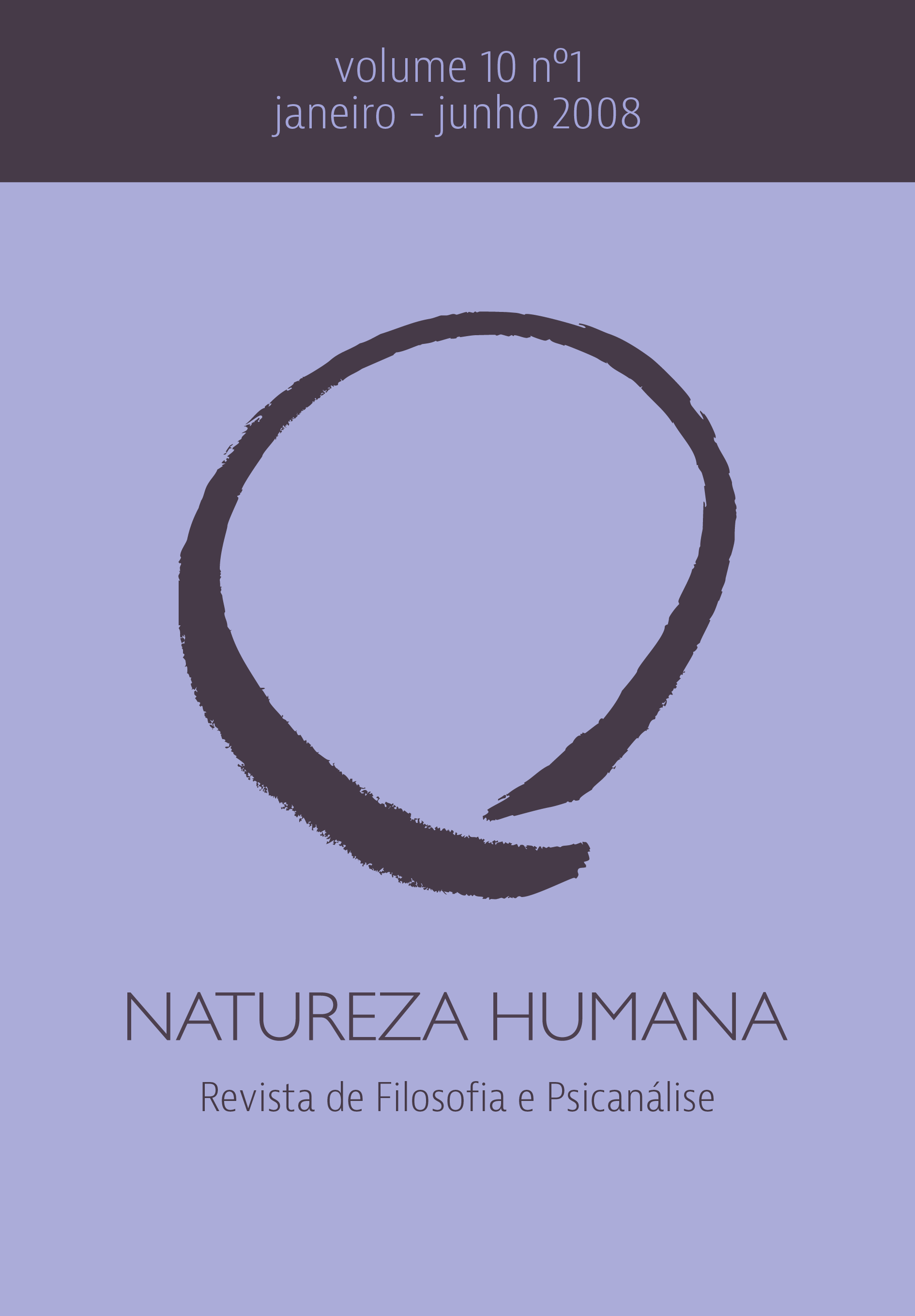Representation, attention and consciousness in the first Freudian theory of the psychic aparatus
DOI:
https://doi.org/10.59539/2175-2834-v10n1-922Keywords:
Freud; metapsychology; consciousness; representation; perception; memory.Abstract
The idea that the mind is not restricted to consciousness is essential to psychoanalysis, but neither the enlargement of the mental field in relation to that of conscious states, nor the bringing of the concept of a psychic unconscious to the foreground did lead Freud to put the question of consciousness aside. On the contrary, the establishment of the conditions of possibility of the awareness of a psychic or representational process became a central problem of metapsychology, to which Freud dedicated a considerable part of his theoretical reflections since the “Project for a psychology” (Freud, 1950/2003). The objective of this paper is to analyze how the possibility of a representation becoming conscious is conceived in the first Freudian theory of the psychic apparatus, as a contribution to the study of the problem of consciousness in Freud’s work. The hypotheses elaborated by Freud in the “Project for a psychology” shall be discussed in first place and, afterward, those presented in the chapter 7 of “The interpretation of dreams” (Freud, 1900/1982).Downloads
Published
2024-10-02 — Updated on 2008-10-02
How to Cite
Caropreso, F. (2008). Representation, attention and consciousness in the first Freudian theory of the psychic aparatus. Human Nature - International Philosophy and Psychology Review, 10(1), 47–72. https://doi.org/10.59539/2175-2834-v10n1-922
Issue
Section
Artigos








